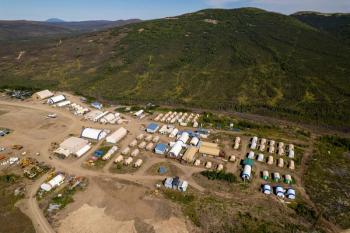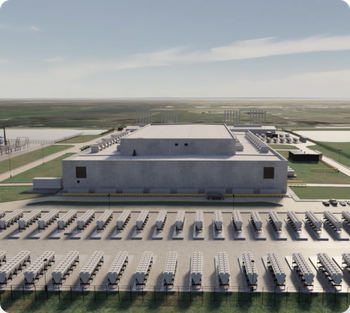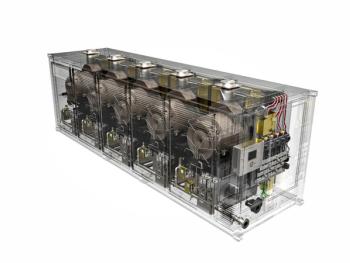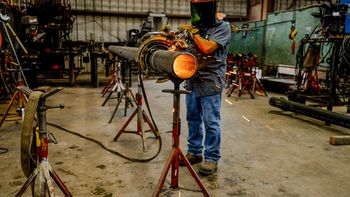
Northern Lights Obtains, Stores First CO2 Shipment from Heidelberg Materials
Key Takeaways
- Northern Lights project begins CO2 storage operations, targeting 1.5 MT annually, expanding to over 5 MT by 2028.
- The project is part of Norway's Longship CCS initiative, involving CO2 capture, shipping, and offshore storage.
The project secured multiple customers across Norway and continental Europe, including Hafslund Celsio, Heidelberg Materials, Yara, Ørsted, and Stockholm Exergi.
The Northern Lights CO2 transportation and storage project, owned by TotalEnergies, Equinor, and Shell, received its
The project’s first phase features a storage capacity of 1.5 metric tons (MT) of CO2 per year, with the second phase’s financial investment decision announced in March 2025, increasing capacity to over 5 MT of CO2 per year in 2028. Phase 1 was fully booked by customers across Norway and continental Europe, which aim to reduce emissions for European industry.
“With the start of operations of Northern Lights, we are entering a new phase for the carbon capture and storage (CCS) industry in Europe,” said Arnaud Le Foll, Senior Vice President of New Business – Carbon Neutrality, TotalEnergies. “This industry now moves to reality, offering hard-to-abate sectors a credible and tangible way to reduce CO2 emissions.”
These customers include:
- Hafslund Celsio and Heidelberg Materials in Norway
- Yara in the Netherlands
- Ørsted in Denmark
- Stockholm Exergi in Sweden
The
MTU & Equinor Extend MRO
In April 2024, MTU Power signed a
MTU Maintenance Berlin-Brandenburg GmbH is the contract partner and will perform the MRO work at its facility in Ludwigsfelde, south of Berlin. MTU Power will also offer technical support to expand Equinor’s footprint in Brazil, where it has been operating a level 2 industrial gas turbine service center since 2012.
Equinor’s Hydrogen Plant
In February 2024, Equinor was granted planning permission by the East Riding of Yorkshire Council for its 600 MW low-carbon
This government program is expected to launch this year and will select decarbonization projects in both the Humber and Teesside regions that can connect to the East Coast Cluster’s carbon-capture transport and storage infrastructure by around 2030. H2H Saltend will be located at the Saltend Chemicals Park and will help to reduce the park’s emissions by up to 33%.
Newsletter
Power your knowledge with the latest in turbine technology, engineering advances, and energy solutions—subscribe to Turbomachinery International today.




